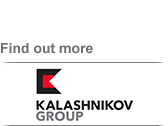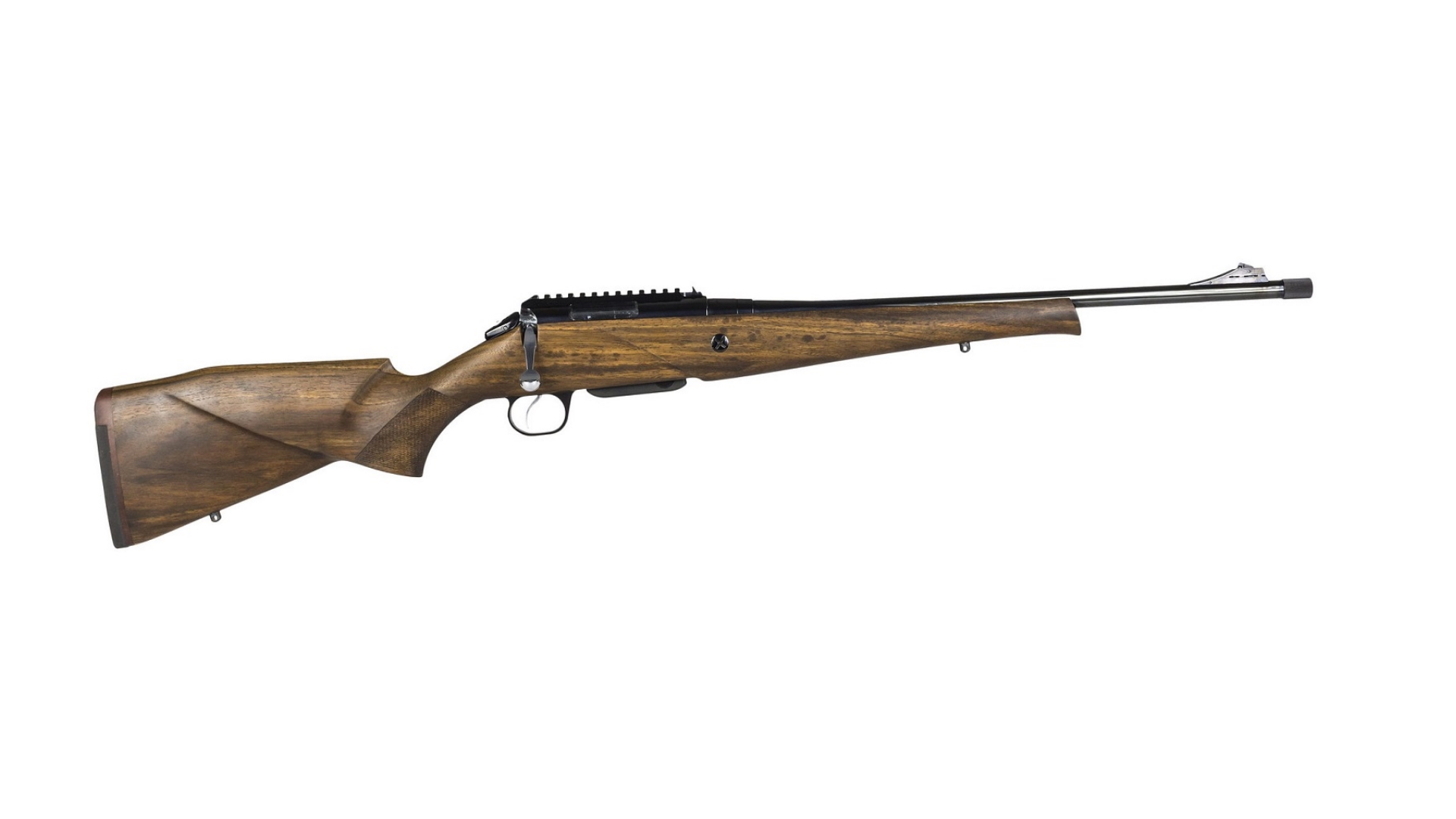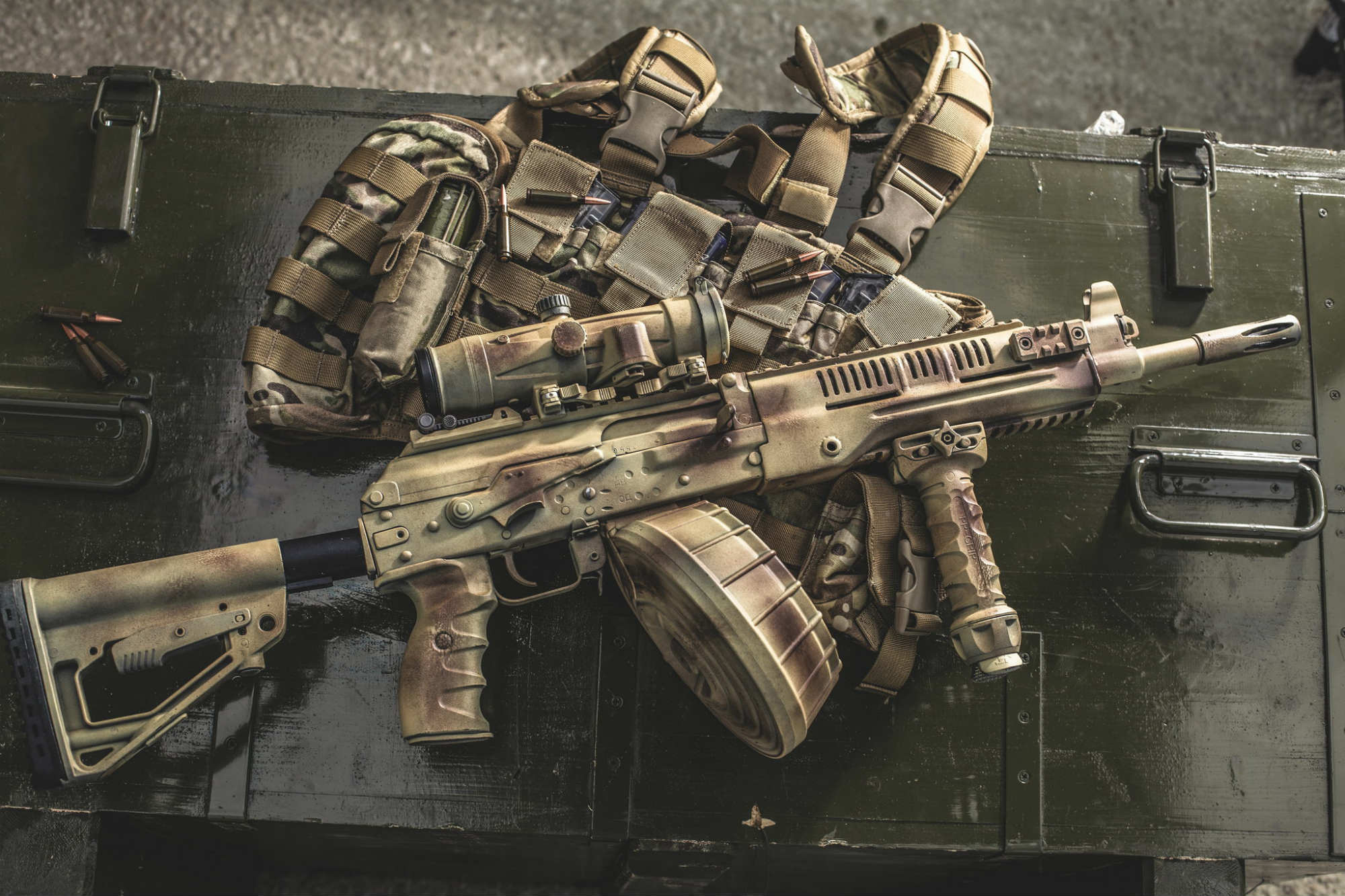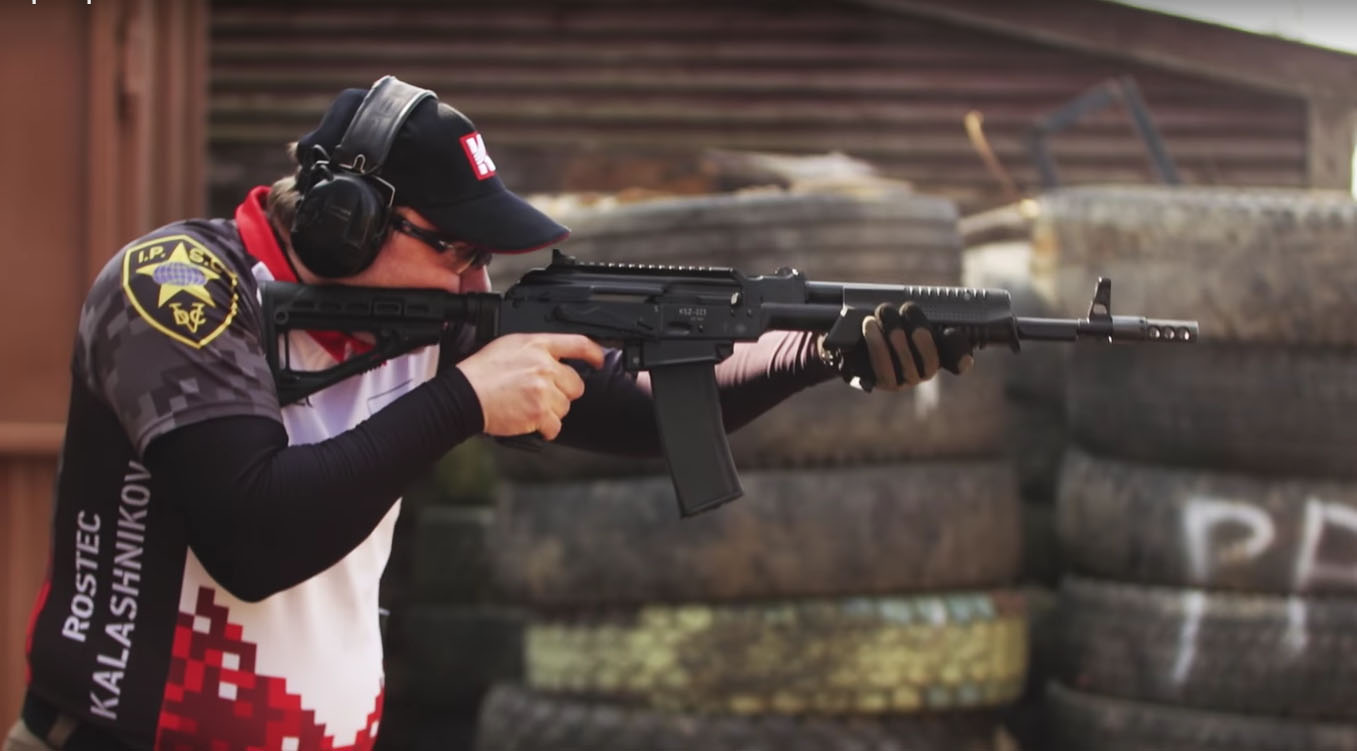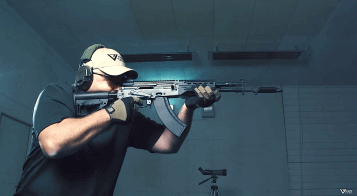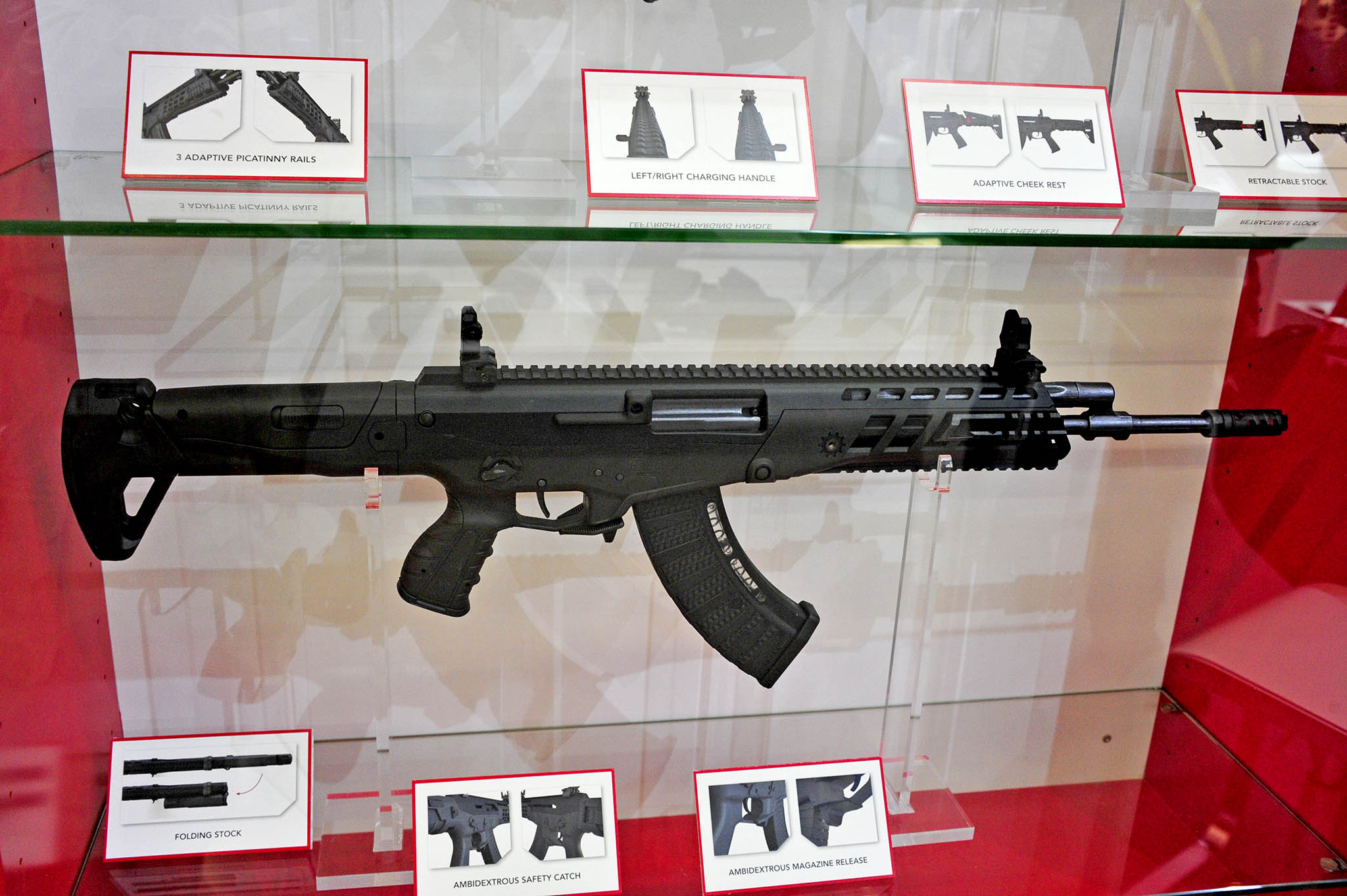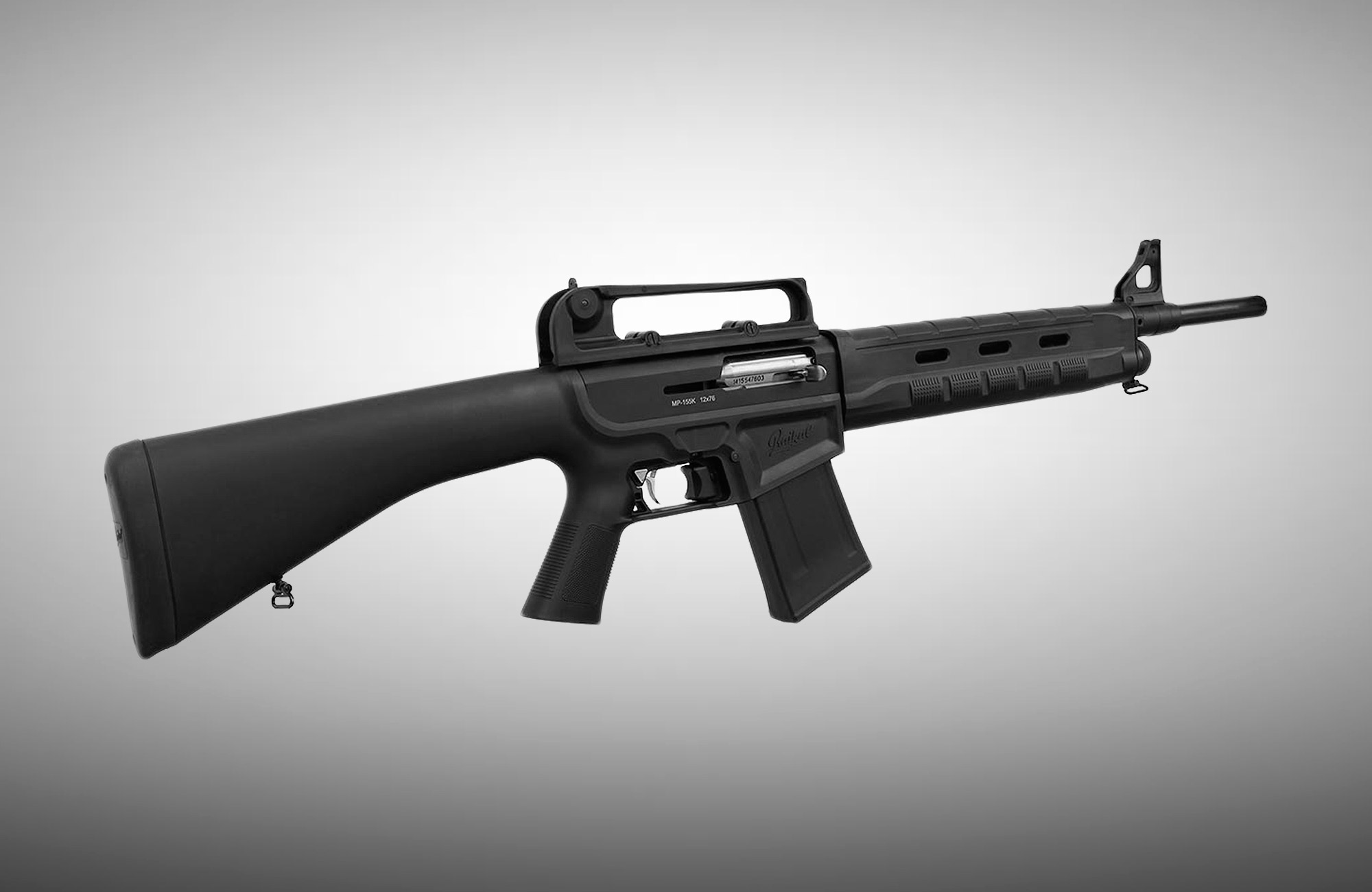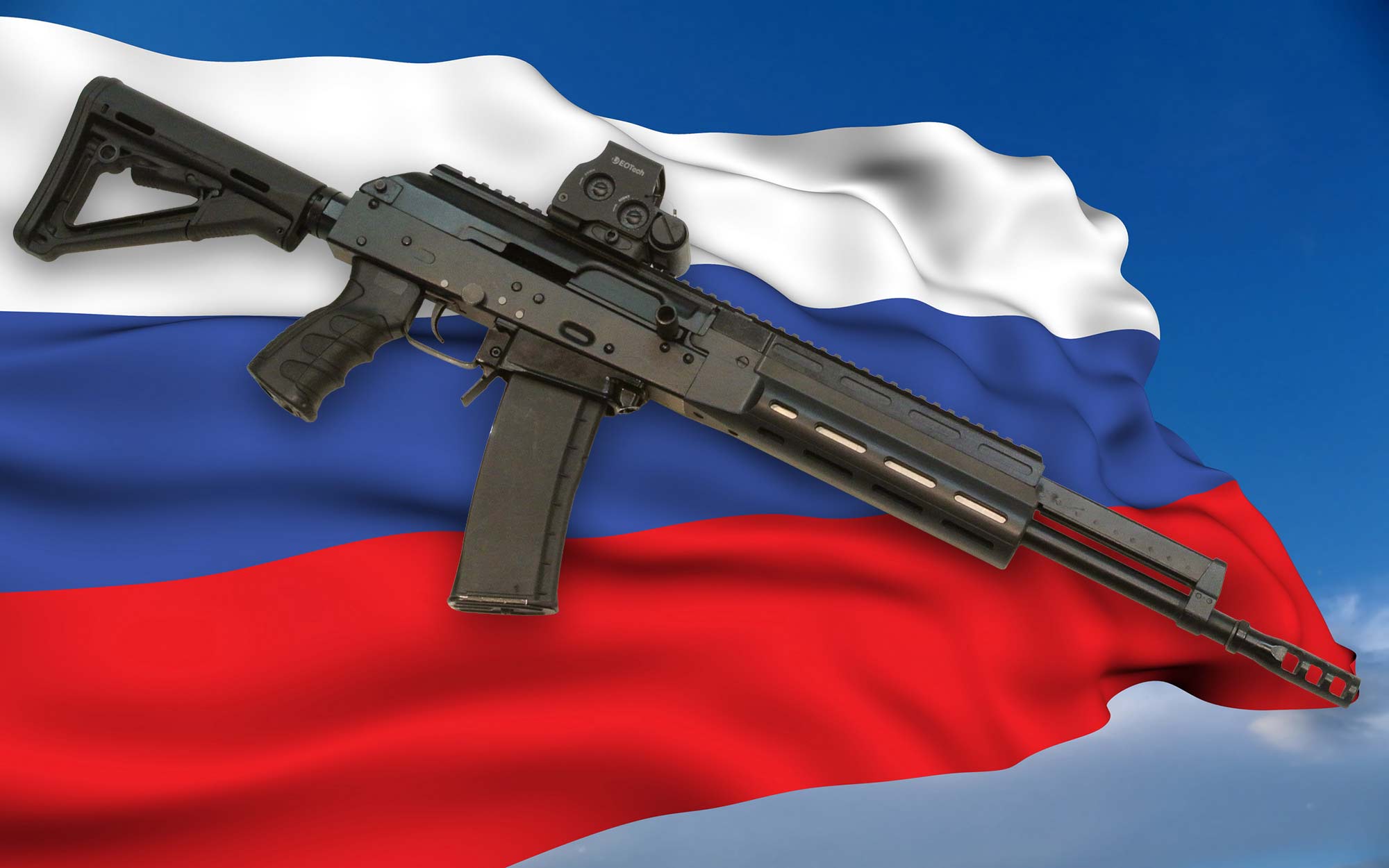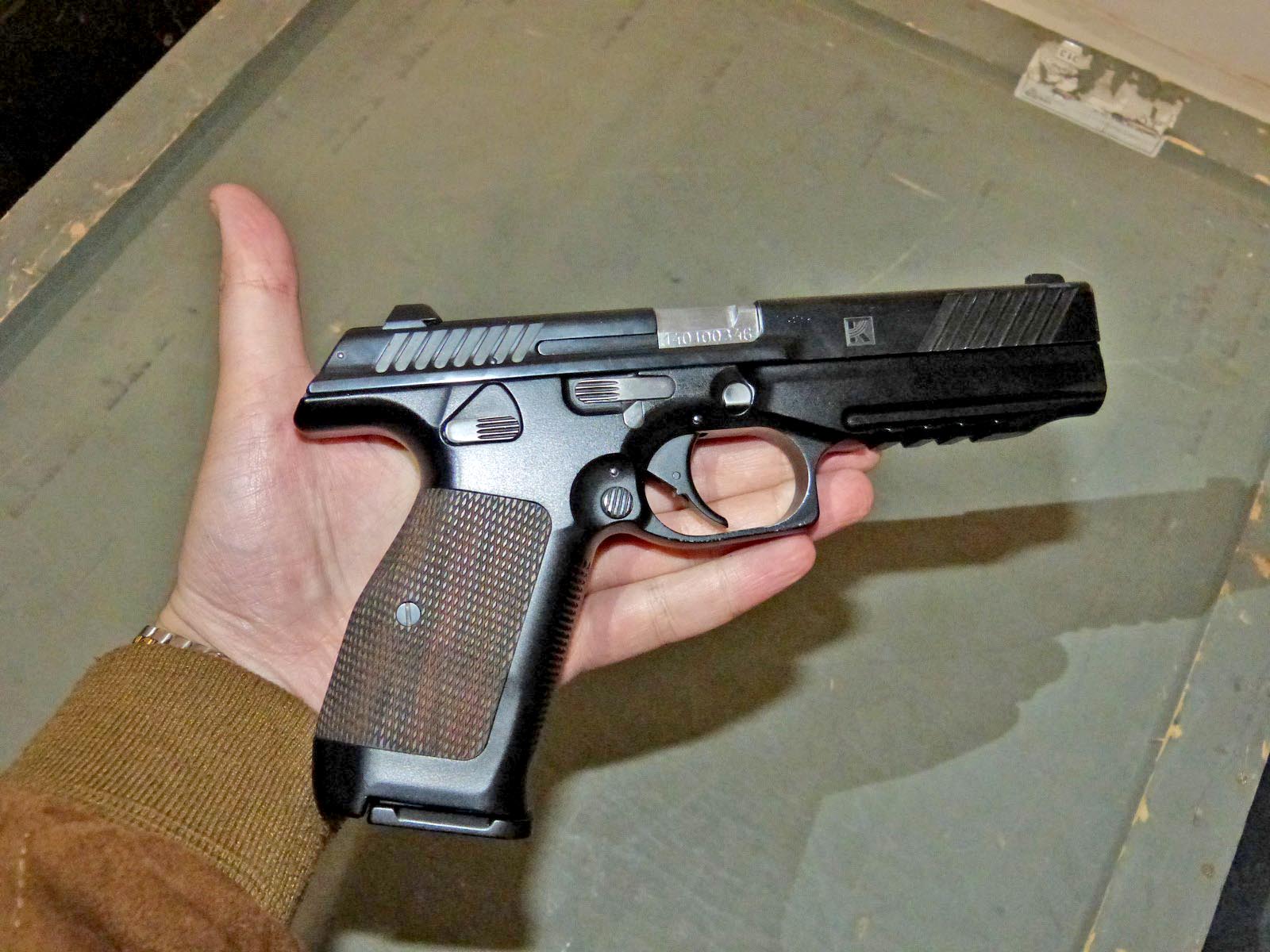
Last Thursday, September 10th, the OJSC Concern Kalashnikov announced to have successfully completed the registration of the Калашников ("Kalashnikov") trademark in the Russian Federation; the patent was issued by ROSPATENT (the Russian Patent Office) in August 2015, and covers the production of firearms and ammunition.
The registration as a trademark of the surname of the late Soviet Army Lieutenant-General Mikhail Timofe'evič Kalashnikov − the inventor of what's probably the best known military issue rifle of modern times, who passed away on December 23rd, 2013 − is just the first step in Concern Kalashnikov's renewed comprehensive, worldwide strategy to consolidate global intellectual property rights.

Alexey Krivoruchko, CEO for the Concern Kalashnikov, shown all the Company's determination in his comment:
«The registration of the trademarks Калашников/Kalashnikov in Russia is an historic event for our company and the start of our efforts to consolidate and protect the legendary weapons brand both in Russia and abroad.
We are in the process of formalizing ownership of trademarks across several key product classes throughout the world and will aggressively prosecute those brand pirates who attempt to illegitimately profit our brand».
An explaination for this choice came from corporate reputation managing expert Patrick Jephson:
«Kalashnikov is a renowned global name and this registration is a great first step in the protection of its brand. Like other global brands such as Cartier or Apple, pirates will attempt to illegitimately profit from such an established reputation and in the process damage and dilute the strength of its brand. Concern Kalashnikov can now take firm actions against pirate production and build the long-term value of its brand».

With 51% of its shares owned by the ROSTEC State-Owned technology corporation and 49% retained by private investors, Concern Kalashnikov is Russia's most important manufacturer of small arms and light weapons, currently manufacturing military and law enforcement-oriented products under the Kalashnikov (formerly IZHMASH) brand and hunting, sport shooting and defensive-oriented civilian-grade guns under the Baikal brand. Two more brands associated with the group − ZALA Aero and Euroyachting/Рыбинская верфь − are respectively engaged in the manufacturing and marketing of both civilian-grade and military UAVs and boats.
Trademarks are an essential indicator of quality and an aid for buyers searching for genuine quality products.
The Kalashnikov name is known throughout the world as a symbol of engineering and design excellence. Its development at IZHMASH (now Concern Kalashnikov) is also well known, and the Concern Kalashnikov is probably convinced that its property rights will now be protected.
For a while, now, the company has indeed been engaged in an all-out war against "pirates" − these being the companies, mostly headquartered outside of Russia, that currently manufacture weapon platforms originally engineered at IZHMASH without a license.
In the humble opinion of the author of this article, however, things may not go as Concern Kalashnikov planned.

Should the trademark protection for the Kalashnikov brand be aimed to prevent domestic and foreign competitors to manufacture and advertise their products with the Kalashnikov name and all variants thereof (such as the AK, AKM, AKMS, AKS denominations), and so on, then said competitors may not have such a hard time at all.
Most of them already don't use those names for their AK-based variants, and in the event of a legal controversy, some Courts may accept the argument that the "Kalashnikov" name and its variants are now a moniker too common to be barred from use with a "mere" trademark protection.
Should Concern Kalashnikov's move be instead aimed to try and outright prevent all competitors to manufacture AK/AKM clones without a direct license, then the strategy is almost certainly bound to fail.
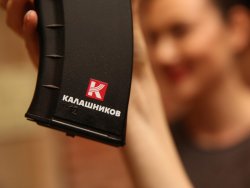
As a matter of fact, IZHMASH and the Soviet government were kin to distribute AK/AKM-type rifles and the related projects and manufacturing technologies to many interested Countries during the Cold War − and today those Countries are market competitors to the Concern Kalashnikov. It was, from a purely capitalistic point of view, an irreparable strategic mistake.
Furthermore, many Countries (including the United States) will not accept a domestic or foreign patent for any product that has been available on the market and unpatented for a certain amount of time; in the U.S., if the inventor or the owner of the property rights for a product doesn't request a patent for it within one year after its market launch, said product becomes unpatentable.
A company that is currently incapable to market its products in many Countries due to international sanctions while at the same time operating manufacturing technologies considered now over 90% outdated if not outright obsolete, and offering a product line for which there is less and less interest in favour of its American, European and Asian counterparts, should search for a solution to its problems elsewhere.




